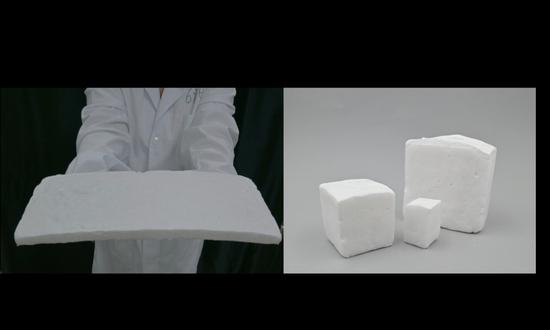
Differently shaped fibrous sponge (Photo/Courtesy of Deng Hongbing)
Chinese researchers have developed a biodegradable sponge capable of removing up to 99.8 percent of microplastics from water. Containing low-cost and easily accessible raw materials for producing it, the sponge is expected to be applied widely in efficient microplastic removal from aquatic bodies, a major breakthrough in combating a pervasive environmental problem.
According to Deng Hongbing, a professor from the School of Resource and Environmental Sciences, Wuhan University, who led the research team, the two raw materials used in making the sponge, squid bone and cotton, are easy to obtain and available at low cost, making the biomass fibrous sponge an effective and cost-efficient solution to address the complex issue of microplastic pollution in water, Deng told the Global Times on Tuesday.
The sponge developed by using chitin extracted from squid bone and cotton cellulose can adsorb various common microplastics - small pieces of plastic less than 5 millimeters in length - from food packaging, textiles, and other industrial products.
The research has been recently published in the scientific journal Science Advances.
The research team evaluated the fibrous foam's performance using samples from four typical water sources including irrigation water, lake water, seawater, and pond water.
They found that the adsorption capacity of the material was basically unaffected by inorganic particles, heavy metals, organic pollutants, or microorganisms in the water, confirming its stability in real aquatic environments.
The research demonstrated that the biomass fibrous sponge can remove 99.8 percent microplastics from water during the first adsorption cycle and even maintained a removal efficiency of over 95 percent after five cycles, reflecting excellent reusability.
Large-scale production of this sponge is highly feasible, as its raw materials are simple to obtain, and the equipment required for its production, which includes freeze dryers and mechanical stirrers are widely available, Deng said.
The team has demonstrated the small-scale production capability in their paper, with approximately one square meter of sponge produced per week in a laboratory environment.
If the large-scale production of the biomass fibrous sponge proves to be successful, the sponge is expected to be applied in large-scale water treatment or household water purifiers in the near future, Deng said.
According to Deng, due to the alarming volumes of plastic waste exist in the environment, the amount of microplastics entering terrestrial and aquatic habitats are anticipated to continuously increase.
According to the United Nations Development Programme (UNDP), microplastics have become a matter of growing concern for the environment and human health with their omnipresence as recent evidence indicates that humans constantly inhale and ingest microplastic through contaminated seafood, including fish and shellfish. Microplastics have also been found in tap water, bottled water, and even commonly consumed beverages, such as beer, and salt.
Recent research suggests that microplastics may also affect male fertility, according to a NPR report.
























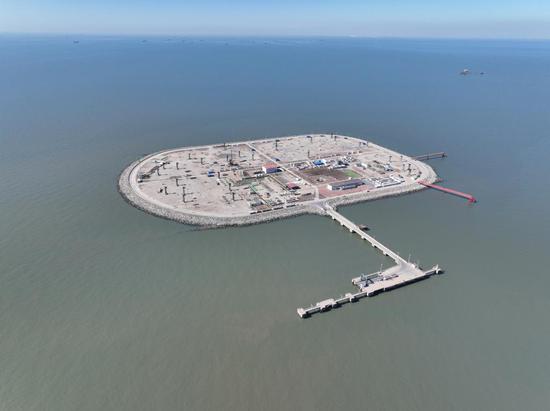









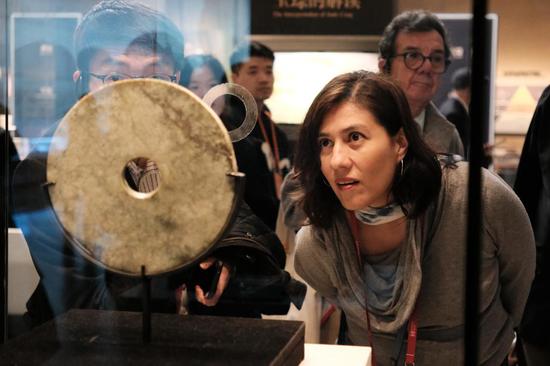


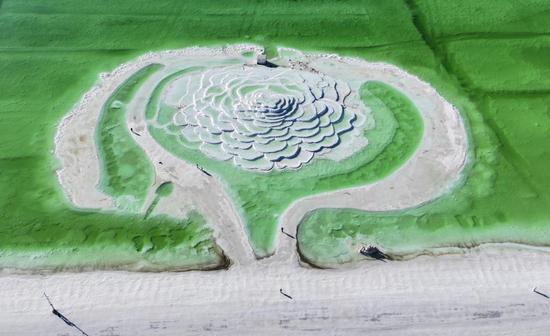










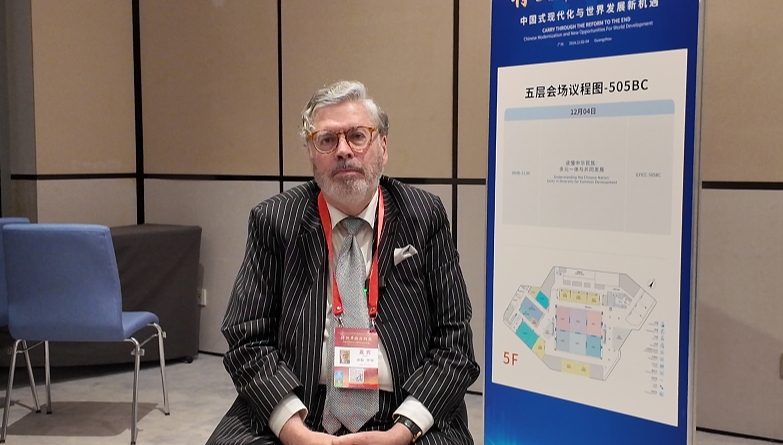

 京公网安备 11010202009201号
京公网安备 11010202009201号